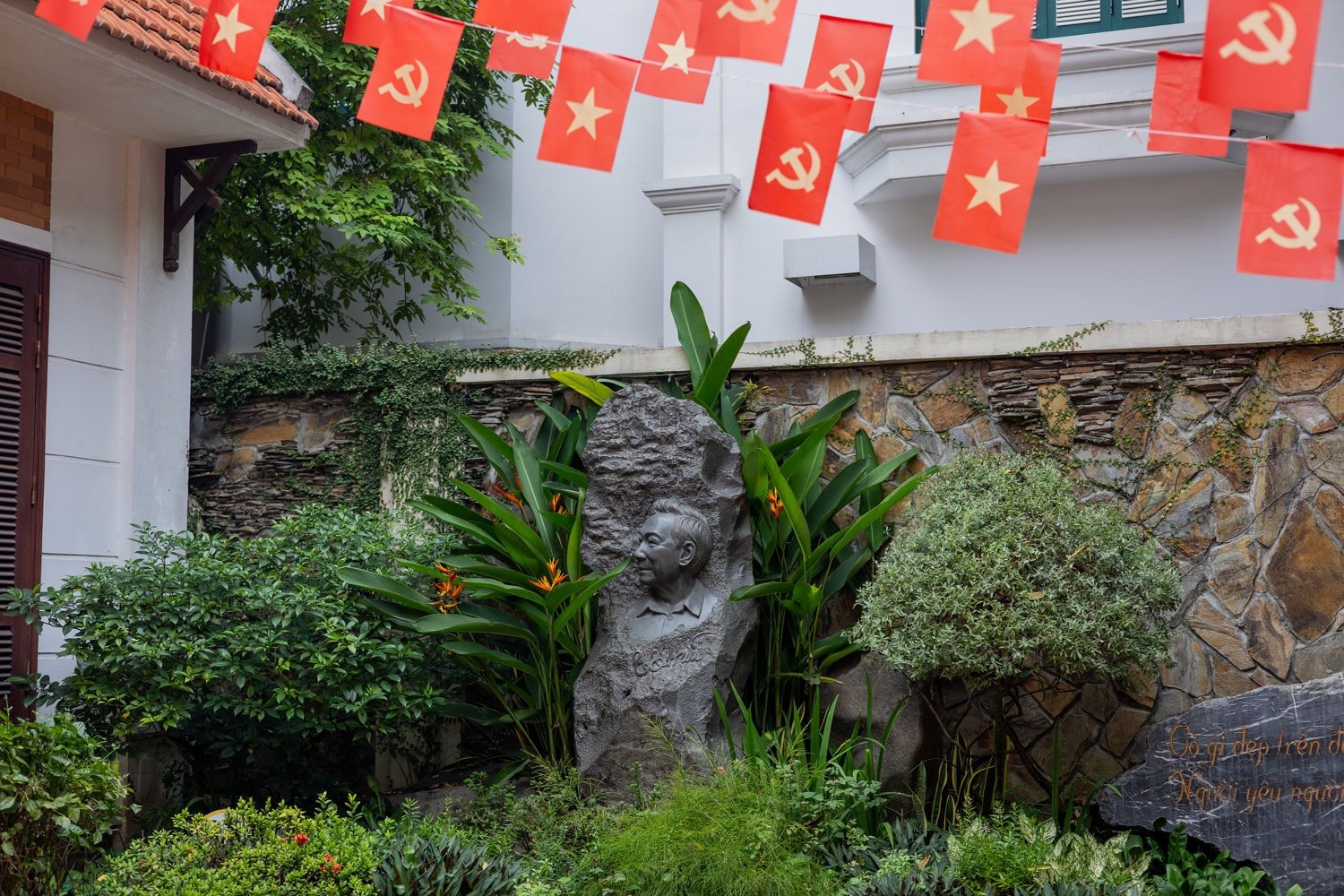
The special exhibition Stamps and Poetry: To Huu's mark over the years was also opened and from October 10, the museum will welcome students to visit and experience calligraphy through his poems.
With a scientific display style, combining many audiovisual media, the exhibition offers a multidimensional view of the country's context, the era and the life of the poet - politician, who lived through nearly a century of historical turmoil.
To Huu Museum is designed into 2 parts. The first part recreates his poetic and revolutionary journey through 7 famous poetry collections, closely associated with each historical period of the nation. Original documents, images, artifacts combined with modern display technology help viewers understand why To Huu's poetry became a call from the heart, accompanying the path of national liberation struggle.
Each verse is flesh and blood, an endless source of encouragement for soldiers and people for decades. Until the end of his life, he still compared himself to "a silkworm spinning silk from its intestines".
The second part recreates the space of the house at 76 Phan Dinh Phung - where he and his family lived for more than 40 years (1960 - 2002). The living room that once welcomed friends, artists, and leaders has now become a space of memories, next to the round table where he often sat to write poems and enjoy tea. On the table, the last page of translated poetry is still left open as proof of a life of endless creativity.
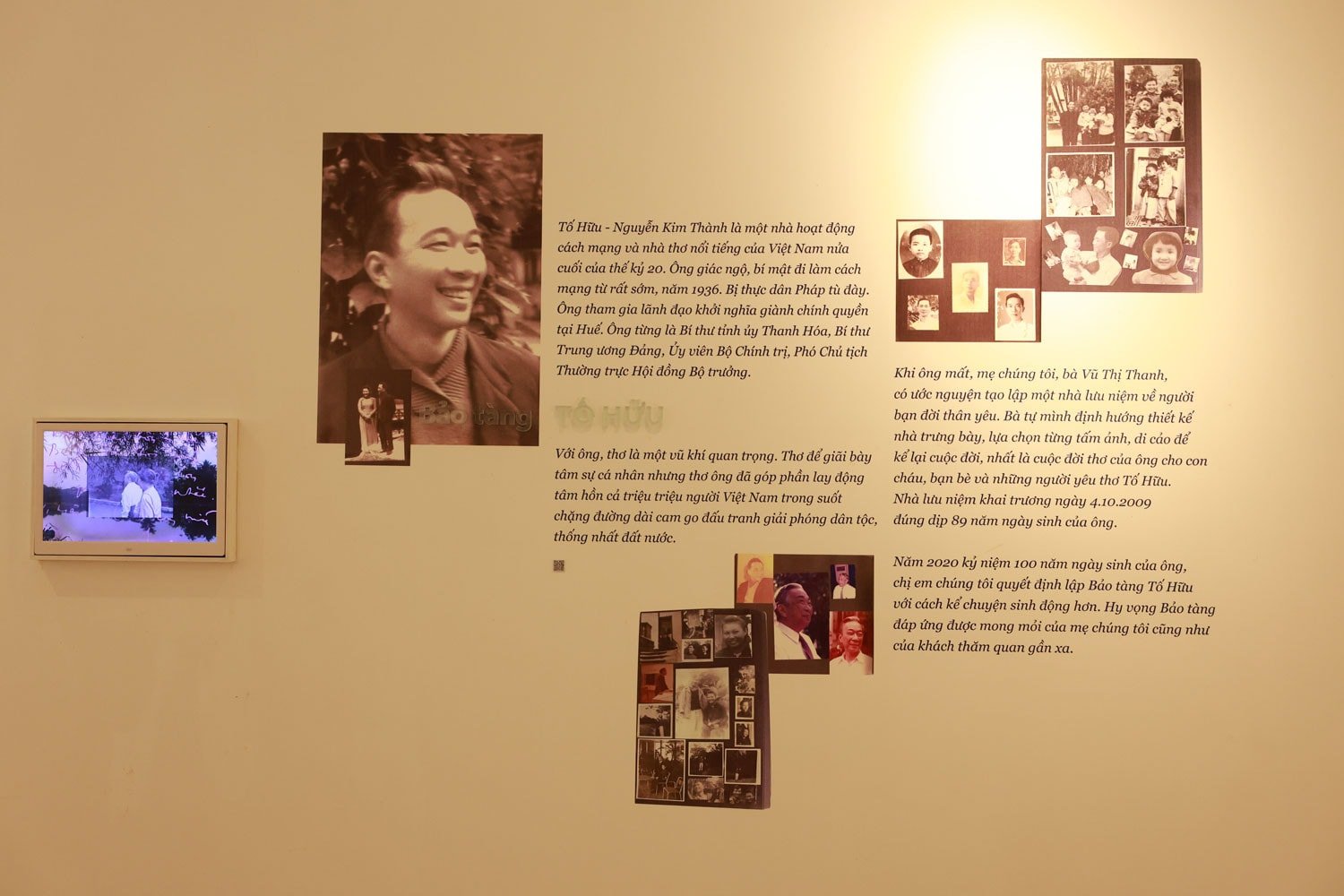 | 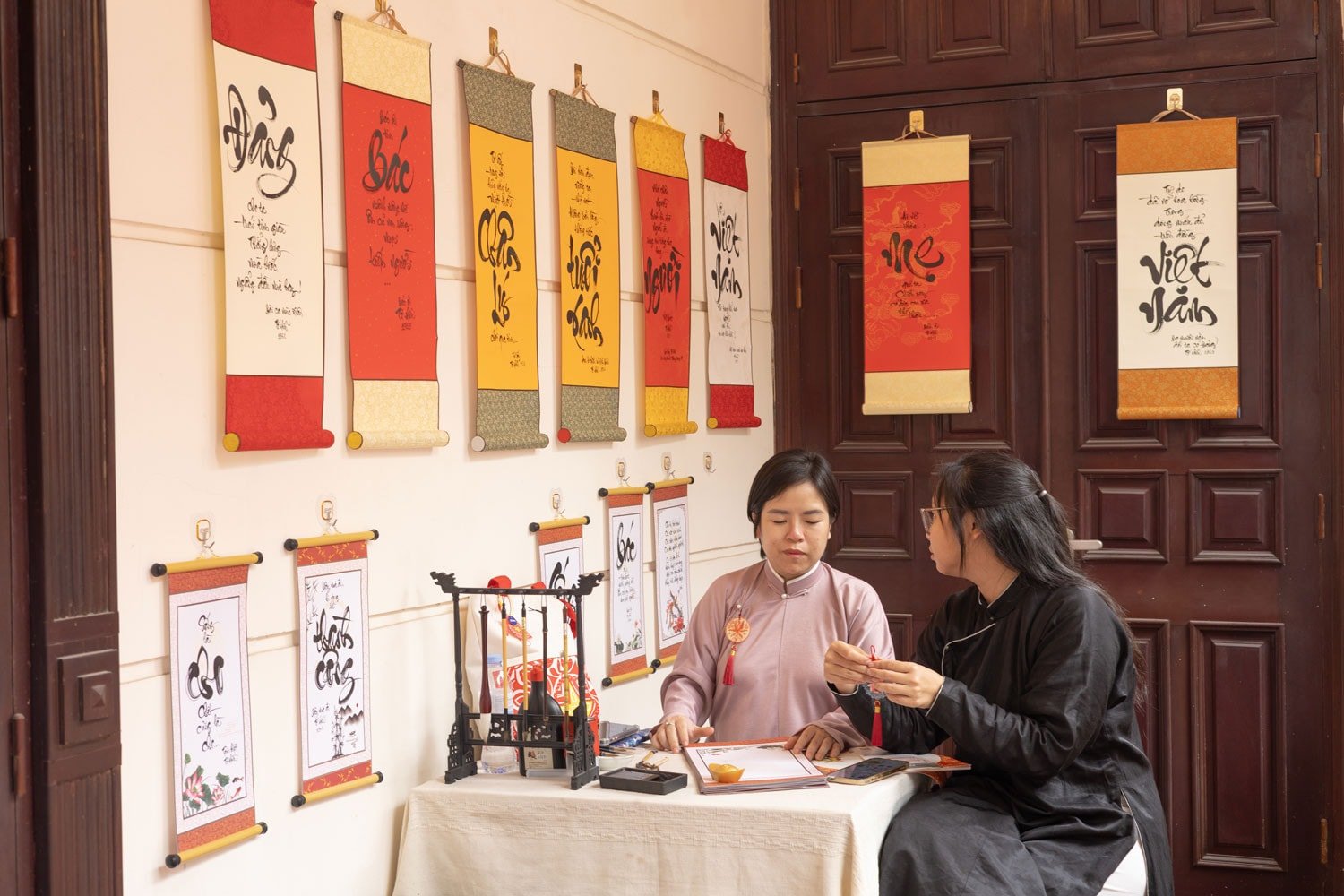 |
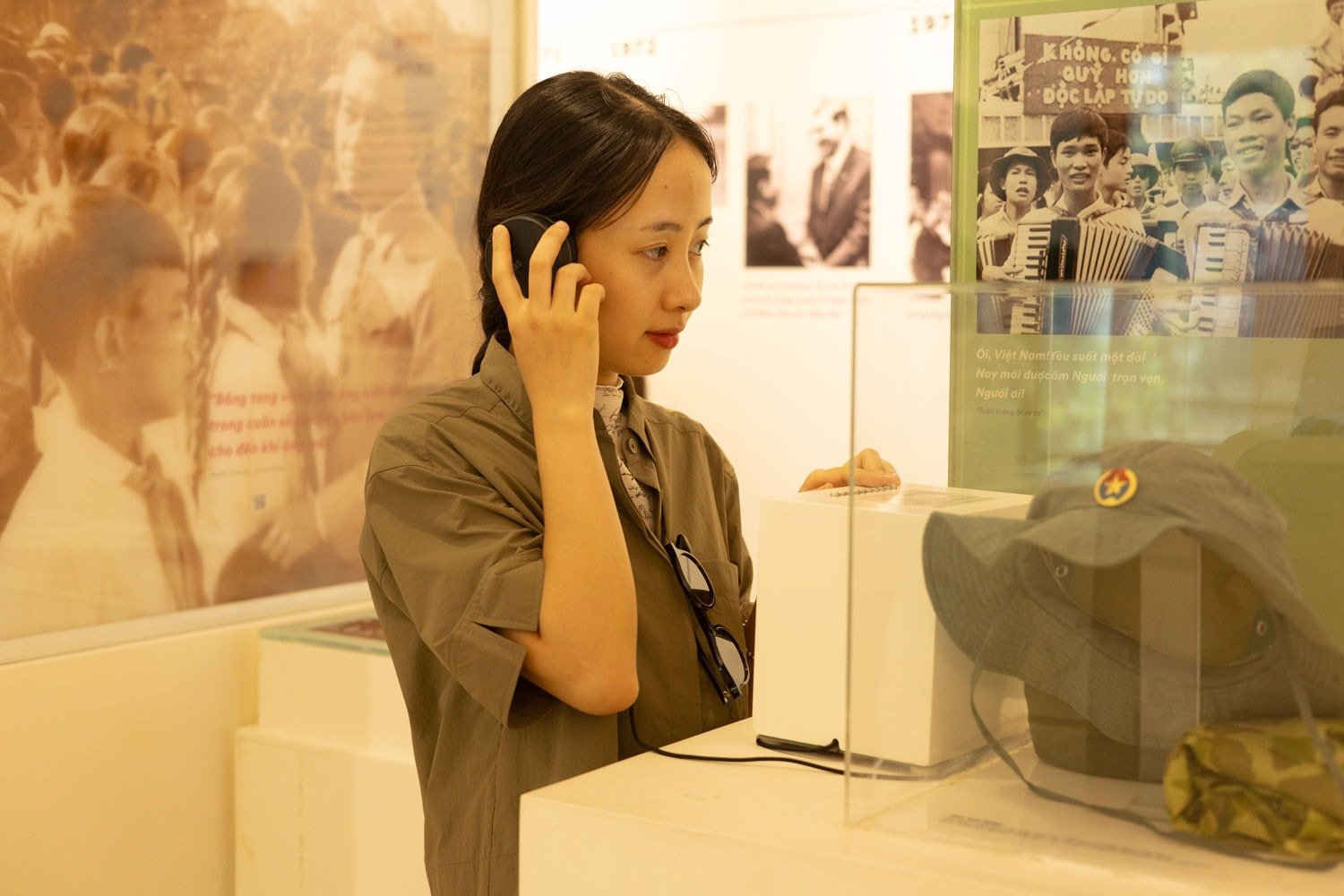 | 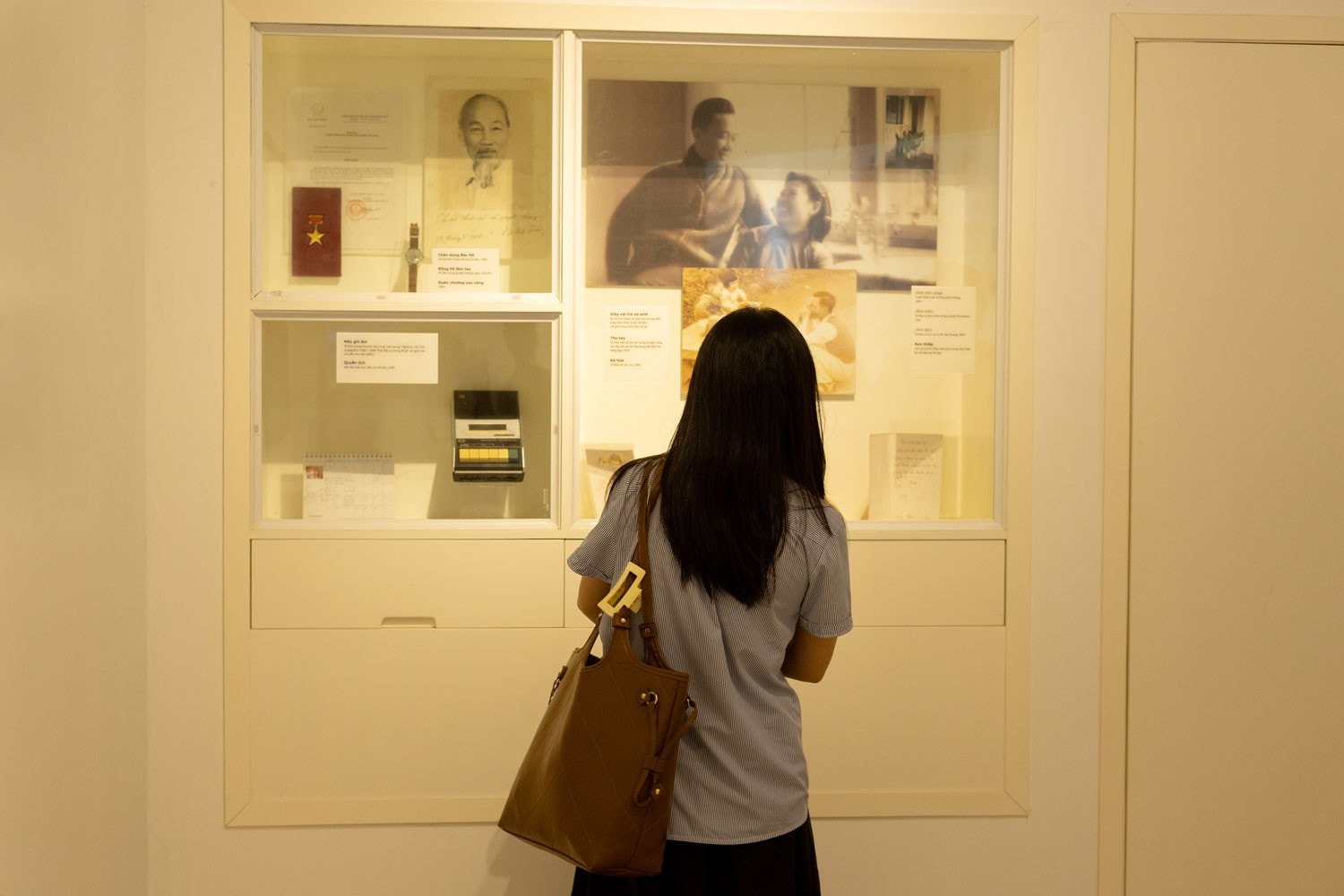 |
Memories of a simple father
Ms. Minh Hong - the youngest daughter of poet To Huu emotionally shared with PV VietNamNet: "My father is a simple, close person. He often cuts our hair, even for our friends. He is also the family photographer. In the albums that preserve memories, there are countless beautiful photos but he is rarely in them, because he is always the one behind the lens."
According to Ms. Hong, poet To Huu never preached morality or imposed on his children. He did not say big words but taught by example in daily life. Small, regular things, from behavior and lifestyle, contributed to forming culture and discipline in the family.
"My father is very democratic and respectful of his children. Although he loves literature, he never forces us to follow his path. One studies physics and biology, the other studies information technology, each in a different direction, but he lets us choose freely. I have never been afraid of my father, because he is close and easy to share with. When we make mistakes, the first thing he does is listen, not scold. What I learned from him is mutual respect in the family," Ms. Hong shared.
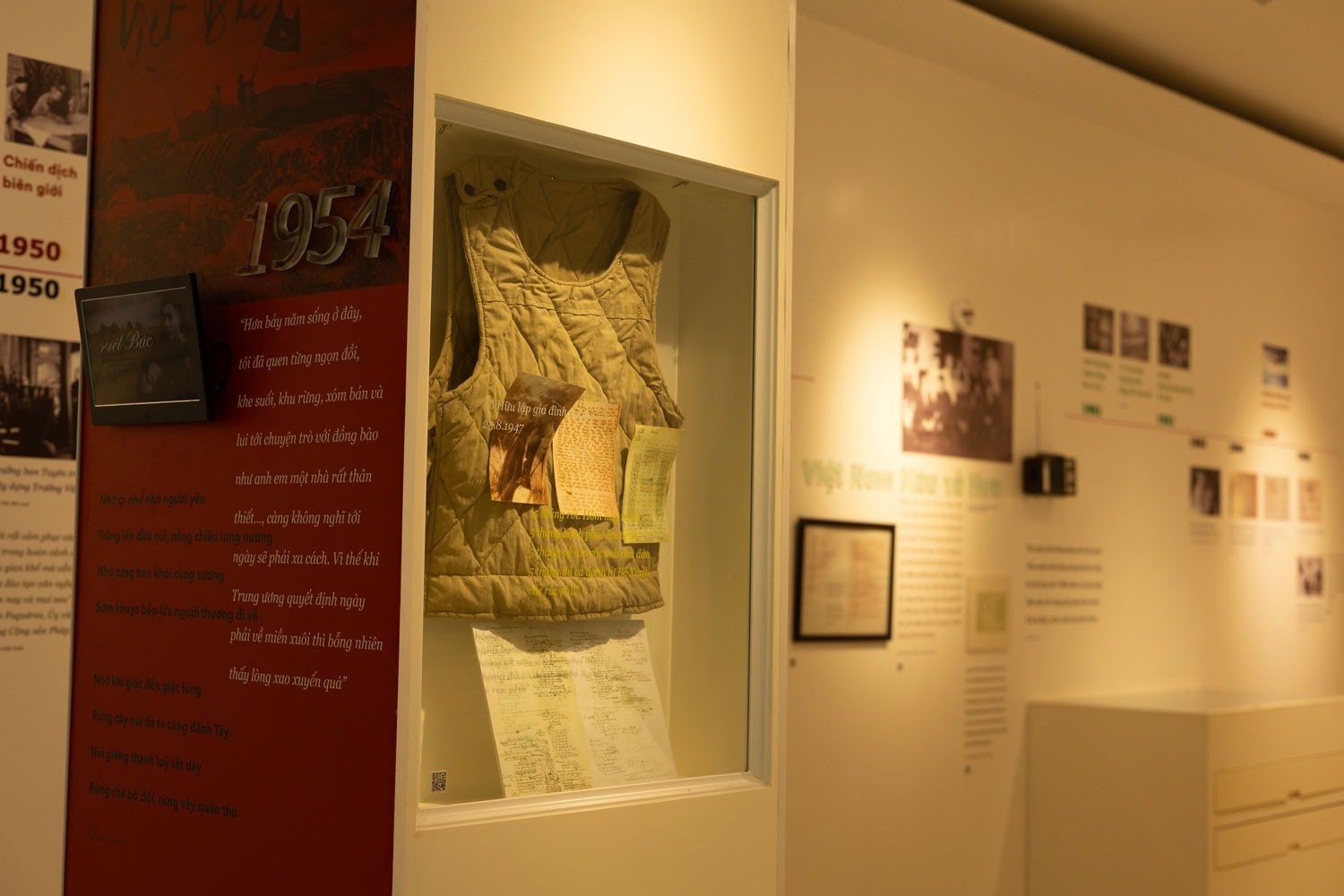 | 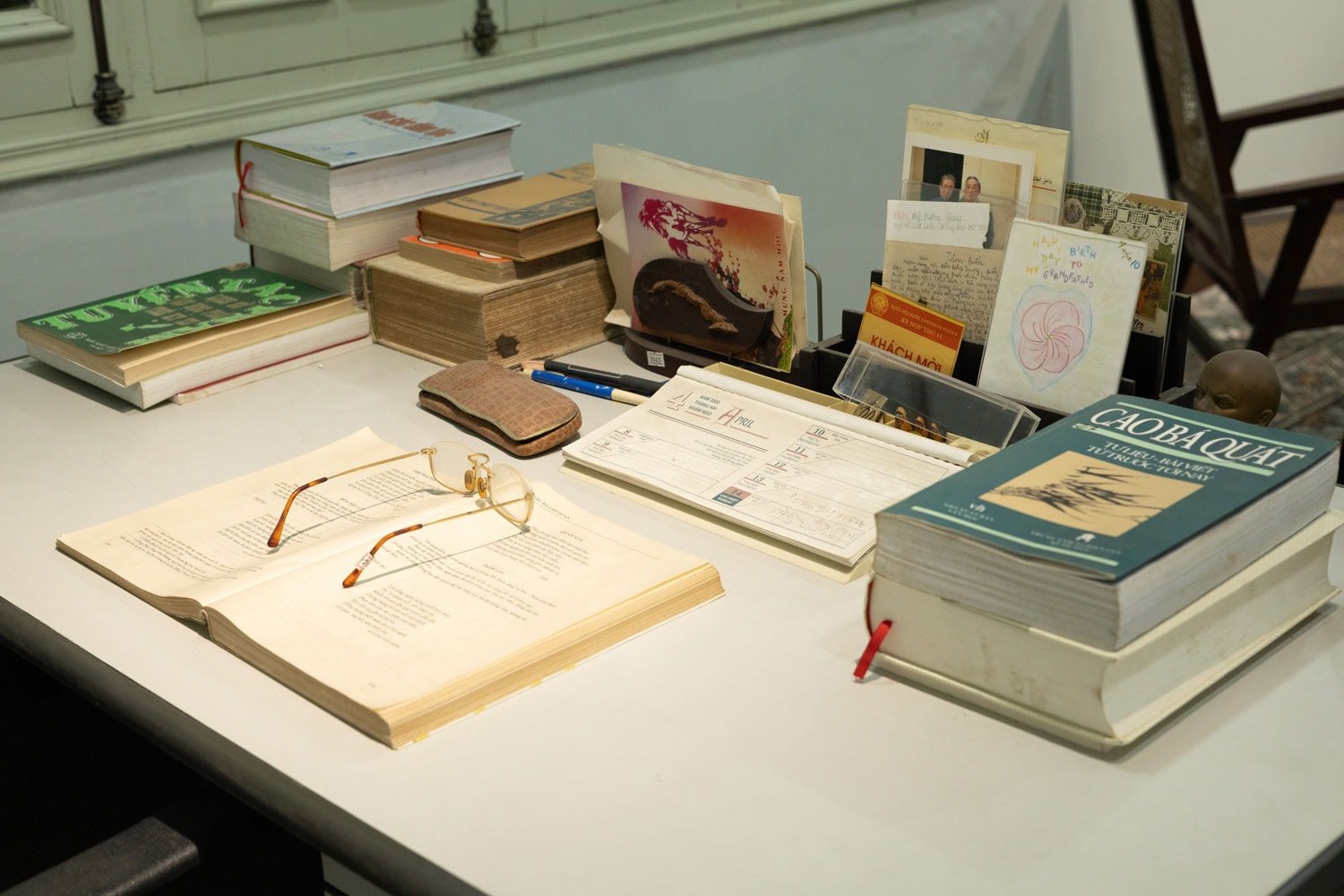 |
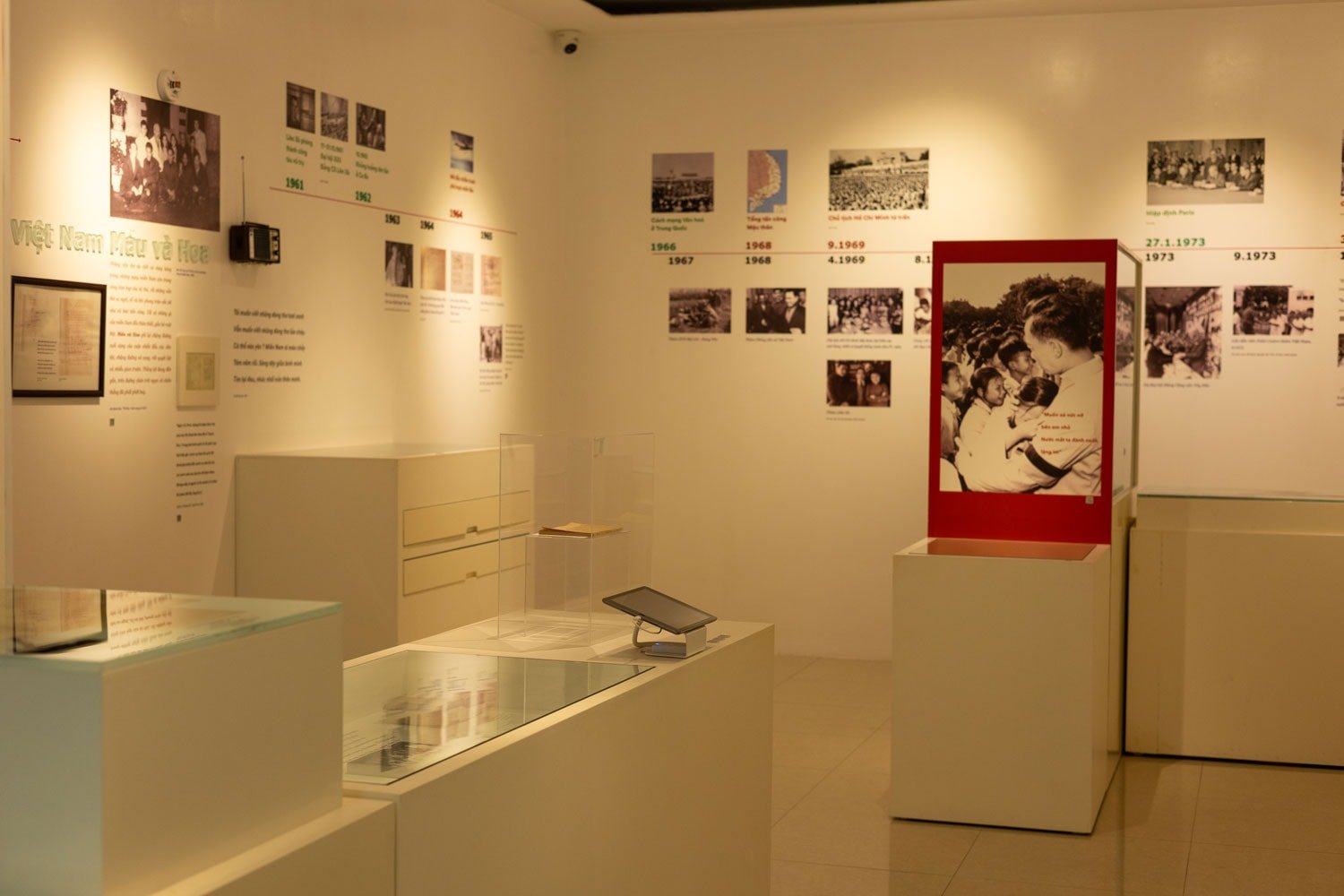 | 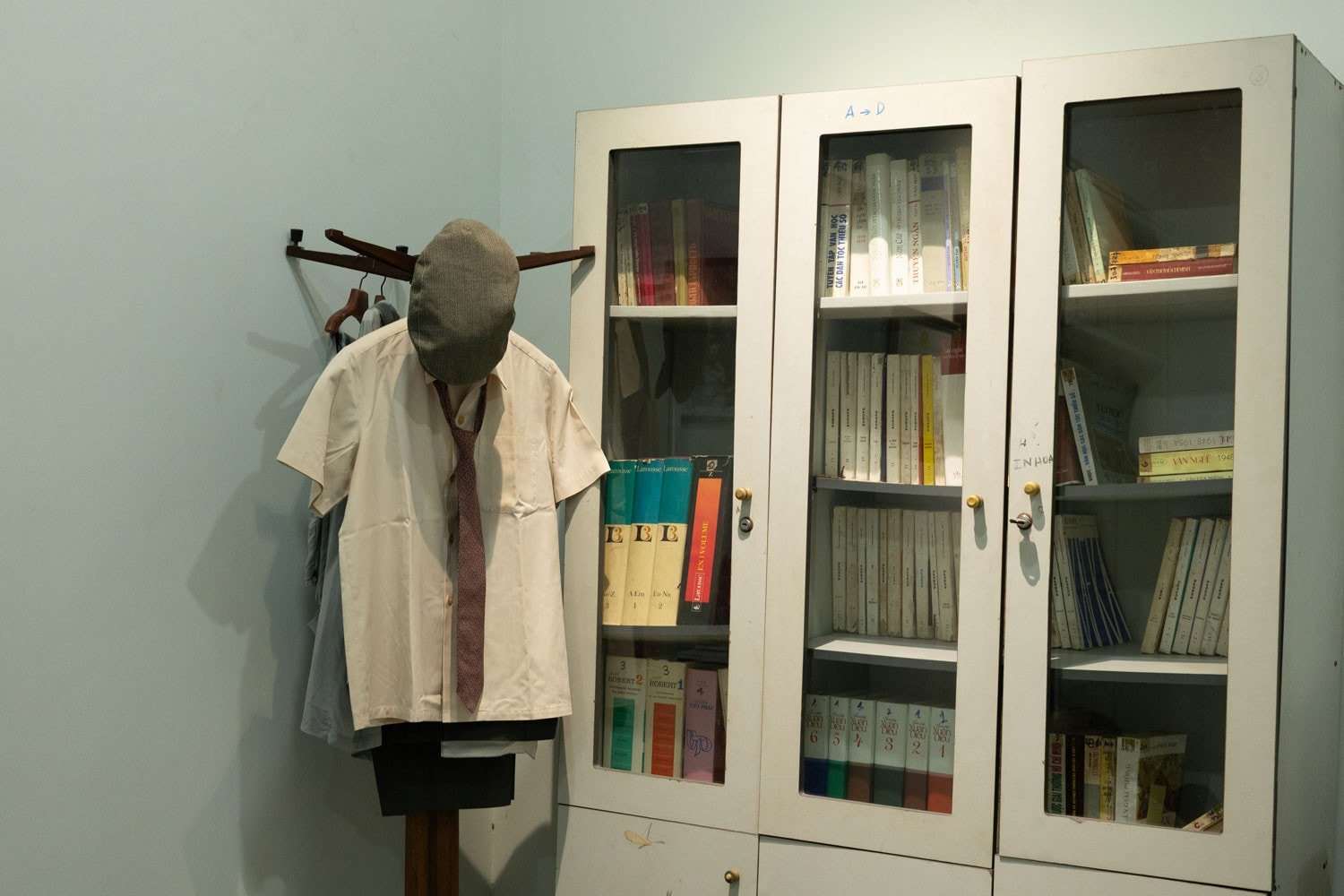 |
To Huu, whose birth name was Nguyen Kim Thanh (1920 - 2002), is one of the most representative figures of Vietnamese revolutionary poetry. Born in Thua Thien - Hue in a poor Confucian family, he went through many notorious prisons such as Thua Phu, Lao Bao, Buon Ma Thuot, before escaping in 1942 to continue his activities. After the August Revolution of 1945, To Huu held many important positions in the Party and State apparatus, from Secretary of the Thanh Hoa Provincial Party Committee, Head of the Central Propaganda Department, to Politburo member, Permanent Vice Chairman of the Council of Ministers (now Permanent Deputy Prime Minister).
To Huu's 7 poetry collections such as From Then, Viet Bac, Windy Wind, Going to Battle, Blood and Flowers ... are the journey that accompanies the history of the Vietnamese revolution, from the early days of commitment to the resistance against France, against the US and building the country after peace .
His poems depict the image of the soldier, praise the people and leaders, and at the same time reflect the desire for freedom and independence. Sometimes filled with personal emotions, sometimes with grandiose statements, but above all, To Huu's poems always carry the breath of revolutionary ideals.
In 1994, he was awarded the Gold Star Order - a noble reward of the State. In 1996, he was honored with the Ho Chi Minh Prize for Literature and Arts.
PV (synthesis)Source: https://baohaiphong.vn/tai-hien-mot-doi-tho-gan-voi-cach-mang-tai-bao-tang-to-huu-522024.html


![[Photo] Joy on the new Phong Chau bridge](https://vphoto.vietnam.vn/thumb/1200x675/vietnam/resource/IMAGE/2025/9/28/b00322b29c8043fbb8b6844fdd6c78ea)

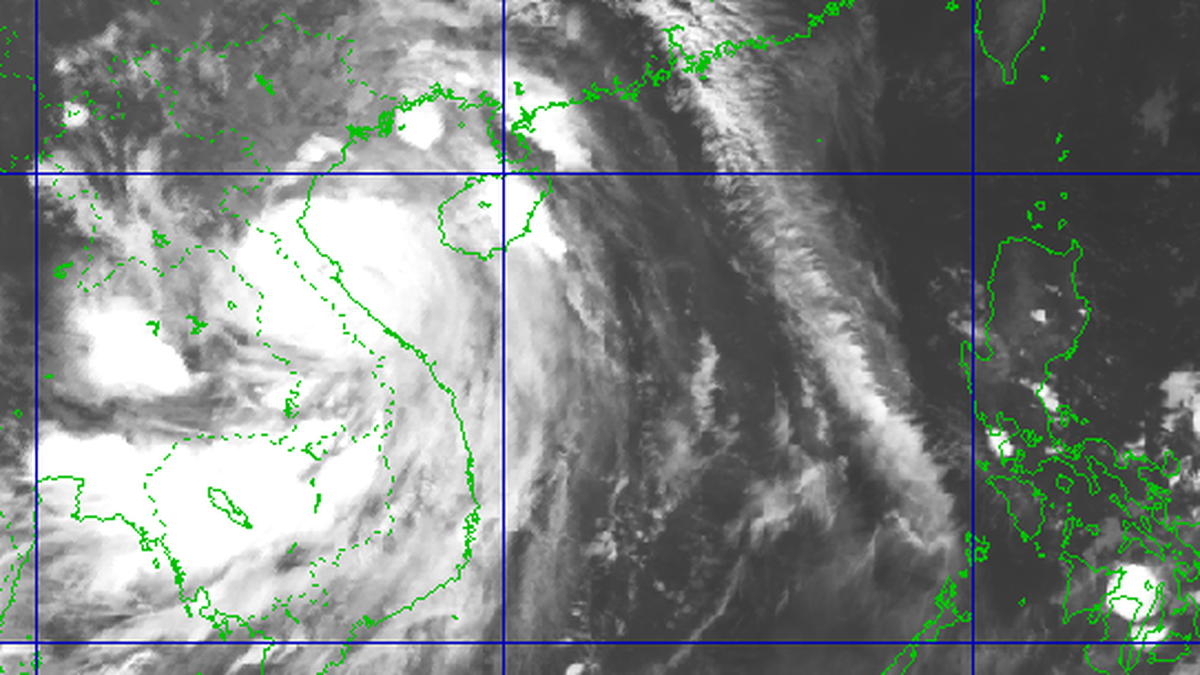
![[Photo] General Secretary To Lam receives Chairman of the State Duma of the Russian Federation Vyacheslav Volodin](https://vphoto.vietnam.vn/thumb/1200x675/vietnam/resource/IMAGE/2025/9/29/3814a68959e848f586178624b6bd66e5)
![[Photo] Prime Minister Pham Minh Chinh meets with Chairman of the State Duma of the Russian Federation Vyacheslav Volodin](https://vphoto.vietnam.vn/thumb/1200x675/vietnam/resource/IMAGE/2025/9/29/08ca17cb0c46432dbdb94f9eaf73b47a)
![[Photo] President Luong Cuong receives Chairman of the State Duma of the Russian Federation Vyacheslav Volodin](https://vphoto.vietnam.vn/thumb/1200x675/vietnam/resource/IMAGE/2025/9/29/6bd456e072504df3a468acbf9b7989c8)










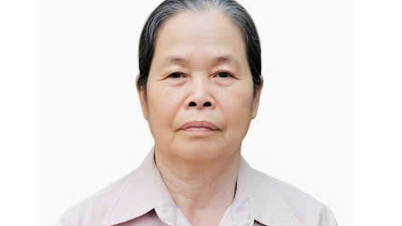










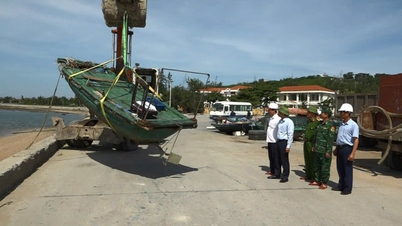
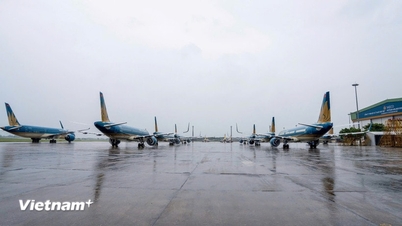
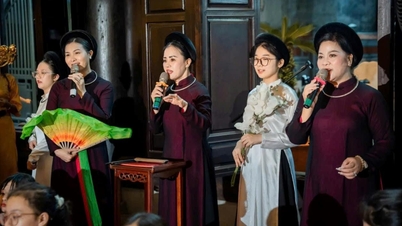
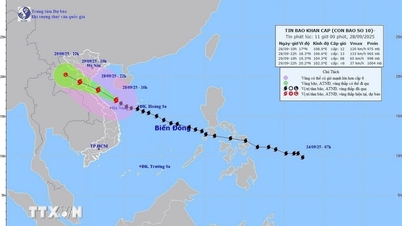

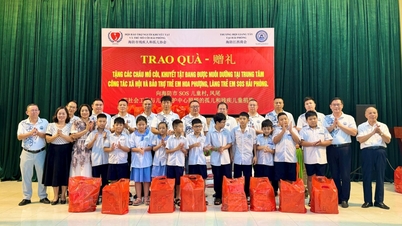





















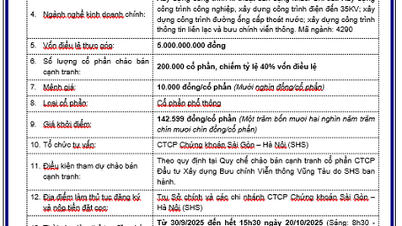

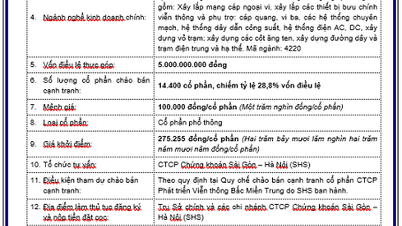

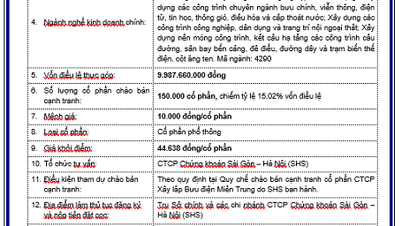
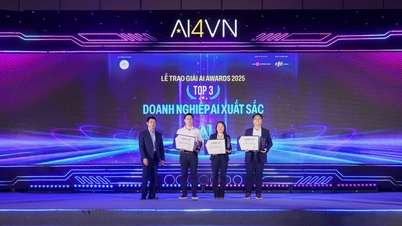

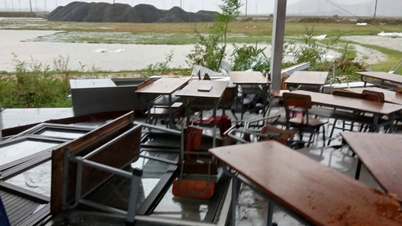

![[Photo] President Luong Cuong receives Chairman of the State Duma of the Russian Federation Vyacheslav Volodin](https://vphoto.vietnam.vn/thumb/402x226/vietnam/resource/IMAGE/2025/9/29/6bd456e072504df3a468acbf9b7989c8)

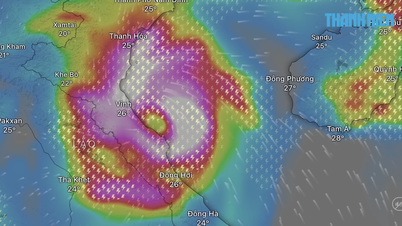















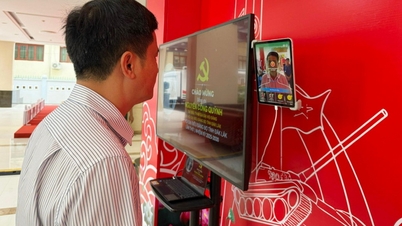














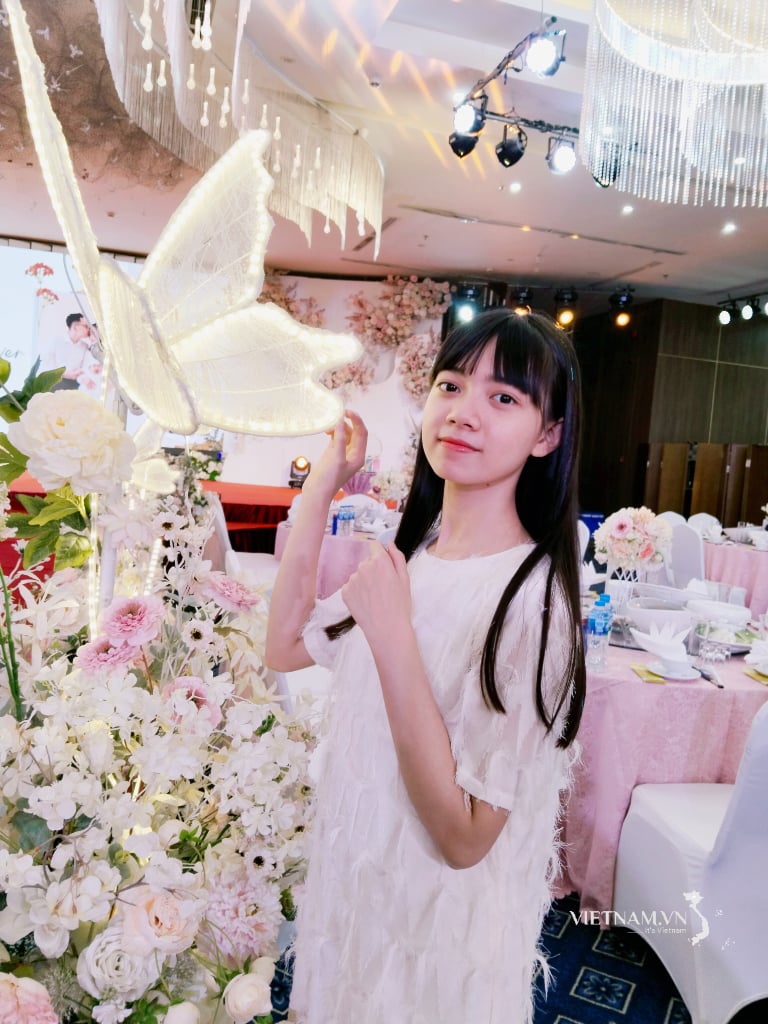

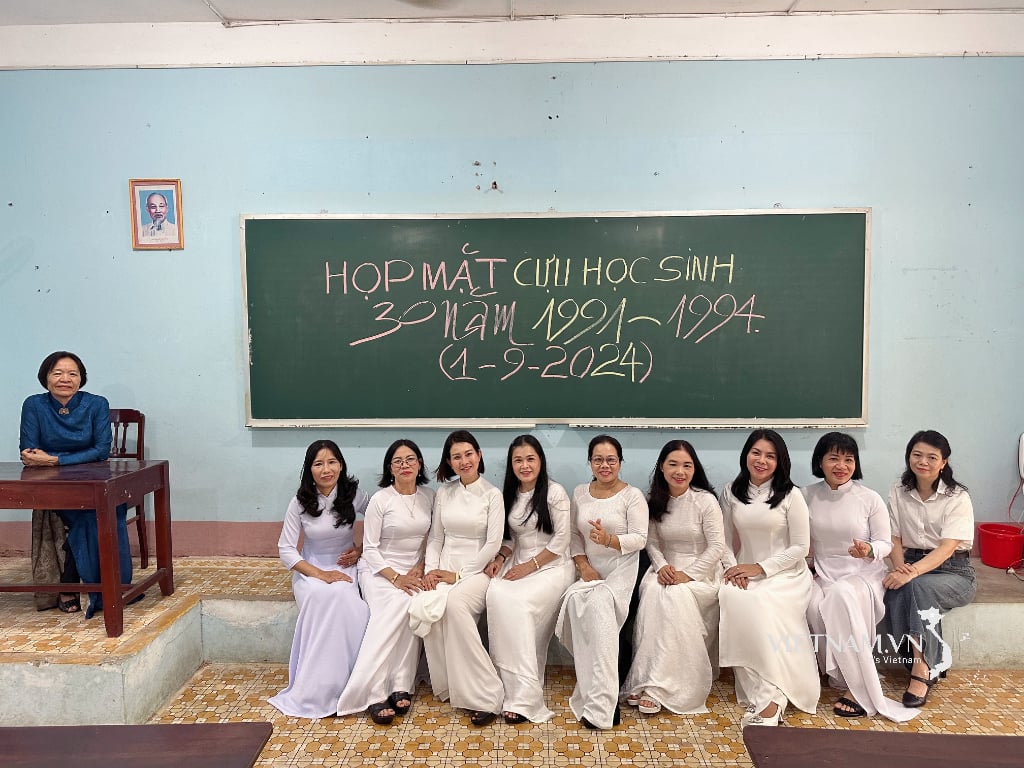

Comment (0)